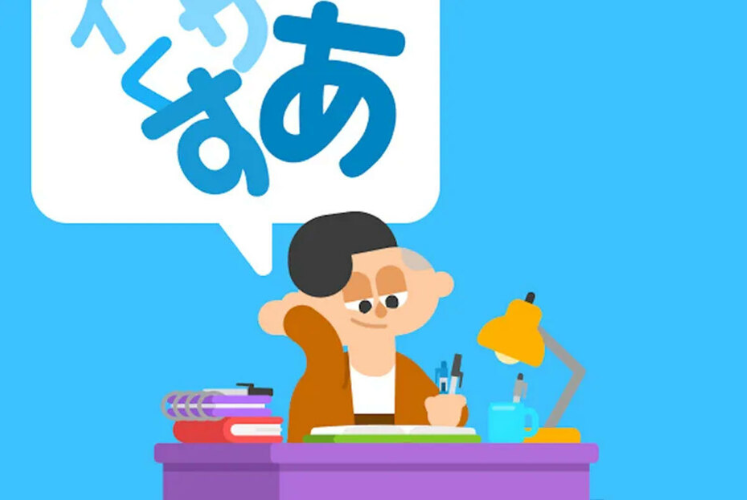 Japanese is the fifth most popular language in the world and the fourth most popular in the U.S. (Duolingo survey) (Forbes Japan editors)
Japanese is the fifth most popular language in the world and the fourth most popular in the U.S. (Duolingo survey) (Forbes Japan editors)
Japanese Language Learning Fever Growing Around the World - What are the Characteristics of People Who Learn Japanese? Duolingo Survey
Today, Japanese is the fifth most popular language in the world. In the U.S., it is the fourth most popular, especially among Generation Z. Duolingo offers Japanese language courses for English and Chinese learners, and more than 17 million people worldwide are learning Japanese. Who are the people who are learning Japanese? We asked Duolingo what makes people around the world so passionate about learning Japanese. Japanese attracts learners from diverse language backgrounds Japanese is one of the most popular languages in the United States. It is also the second most popular language in China, the fourth most popular in Vietnam, and the fourth most popular in Japan (among international tourists and business people willing to learn Japanese). Japanese has little connection with the languages used in other countries. Despite this, it is clear that learners of Japanese struggle with difficulties, such as learning three different writing systems. The countries with the highest percentages of Japanese language learners are the Philippines, China, and Malaysia. Bangladesh, China, and Nepal have also seen the greatest increase in interest in learning Japanese over the past year. T
he Japanese language is now a global phenomenon. According to the Duolingo Language Report 2022, English is the language with the largest number of learners in absolute terms, followed by Spanish, French, and German. While English, the universal language, and languages with a relatively large number of countries that have English as an official language occupy the top spots, Japanese ranks 5th. Learners of Japanese learn Japanese in line with their interests Why is the Japanese language favored by such a wide range of people? Unlike in the past, Japanese language learners continue to study Japanese for "fun" reasons. In many cases, they are learning Japanese in conjunction with Japanese culture, or to understand words from anime and manga. 26% of new Duolingo learners of Japanese say that "for fun" is their main motivation for learning.
The motivations of Japanese learners differ from those of Duolingo's top two language learners, English and Spanish. English learners cited "school" as their number one motivation, while Spanish learners cited "connections with others" as their number one motivation. Japanese language learners, on the other hand, are studying Japanese in order to connect with their hobbies and interests.
Younger Generation Most Enthusiastic about Japanese
■Younger learners are most enthusiastic about the Japanese language Those studying Japanese tend to be "younger" on average than those studying other languages. 86% of Japanese language learners are under the age of 30, and 70% are between 13 and 22. In fact, Japanese was the third most popular language among the 13-22 age group in the U.S. last year. Japanese learners tend to learn more than one language It is clear that learners of Japanese are up for a challenge, and it is not surprising that many learners of Japanese are polyglots (*people who use and speak more than one language). Japanese learners on Duolingo are more likely than Spanish or French learners to have learned at least three or more languages. This is because there are many similarities between English, Spanish, and French, while Japanese and English are not related. This is an edited translation from the official Duolingo blog.
Source: https://news.yahoo.co.jp/articles/01948045cd7db9537deedee14a5bddc19df20a8f
 English
English Japan
Japan
